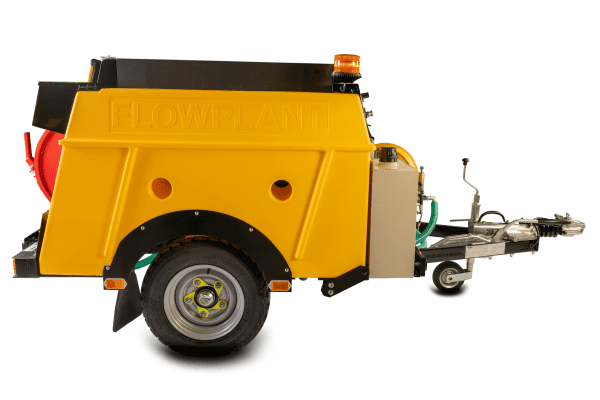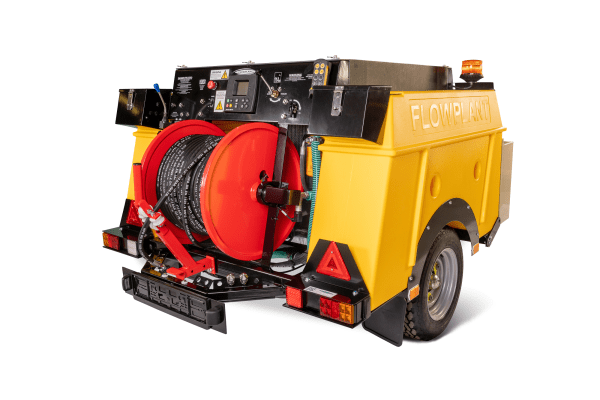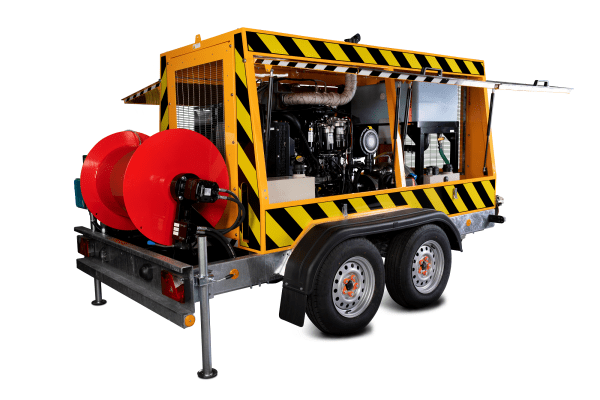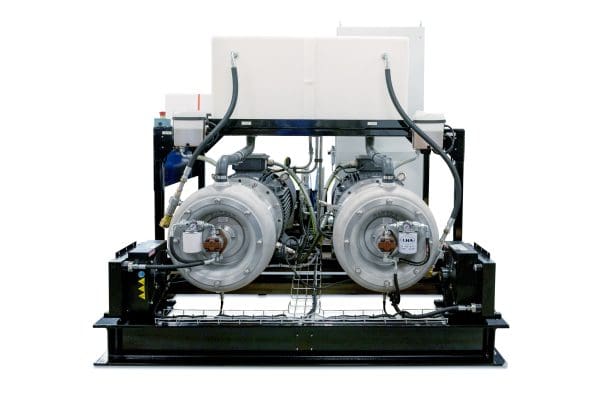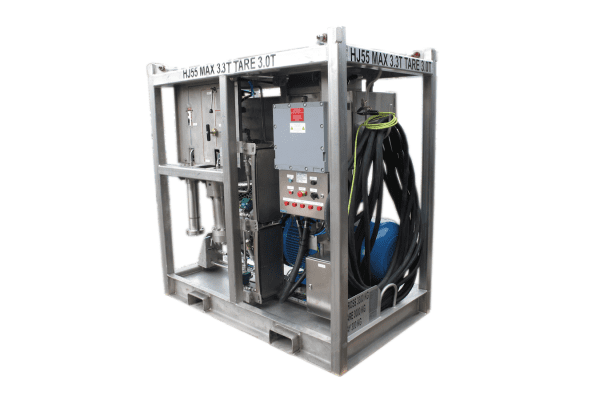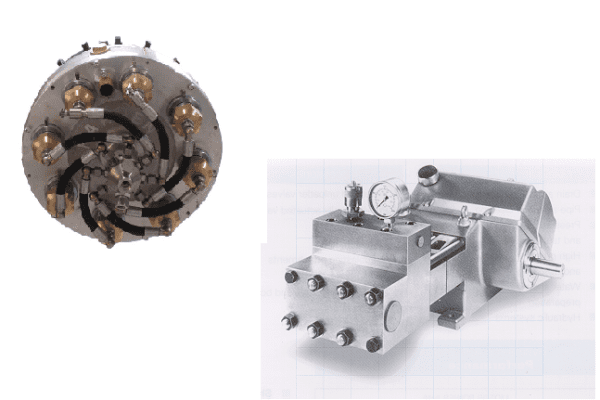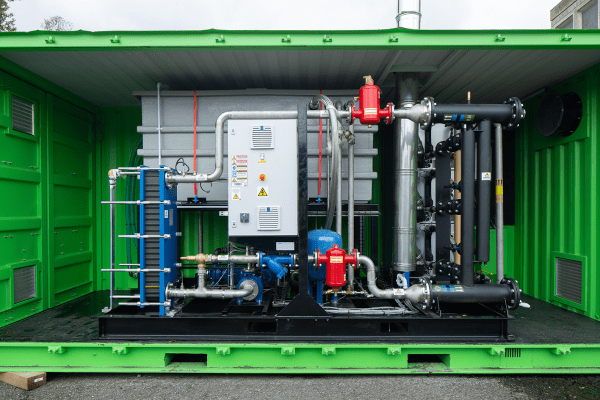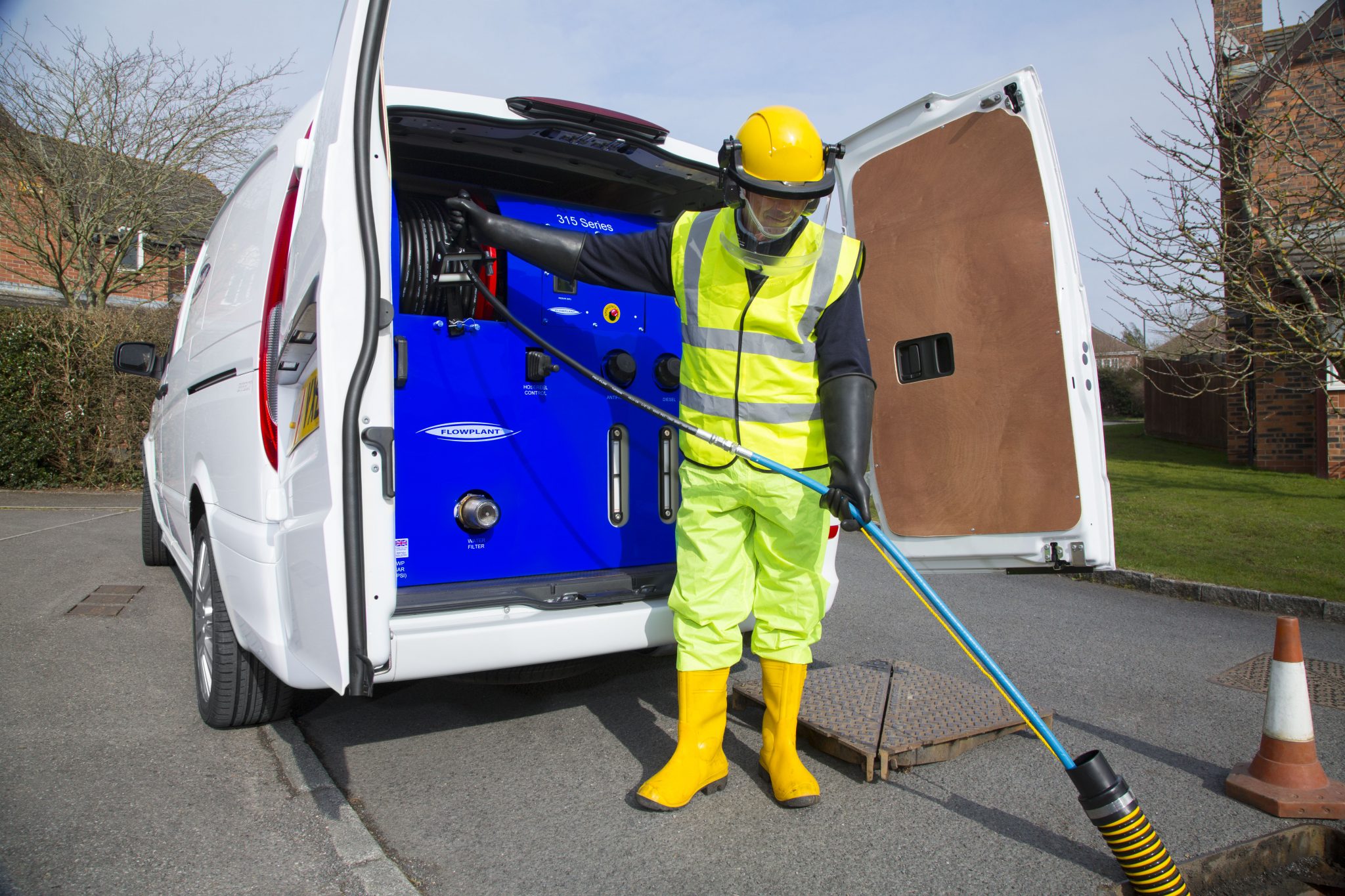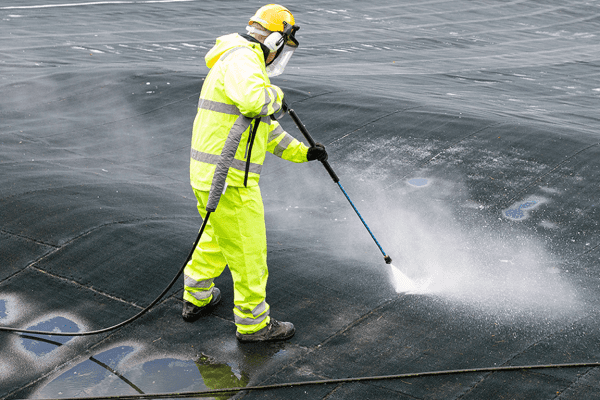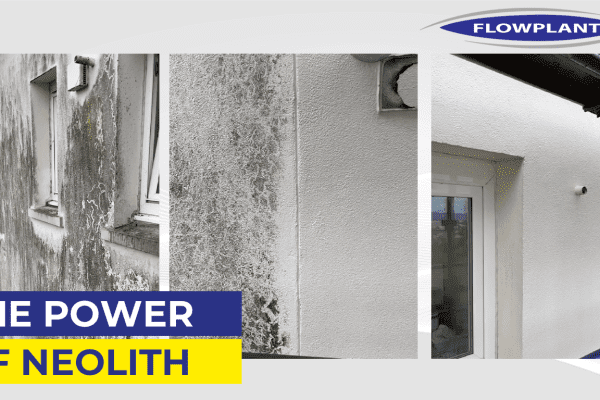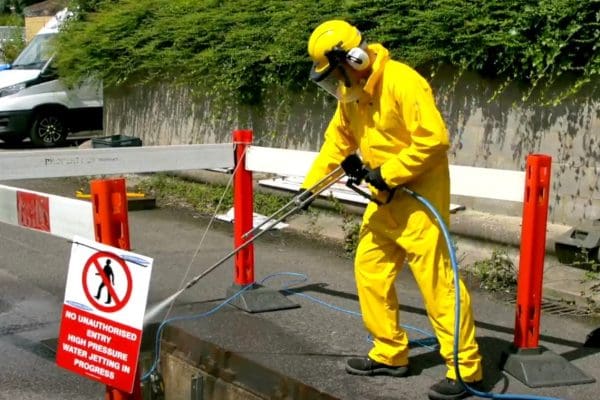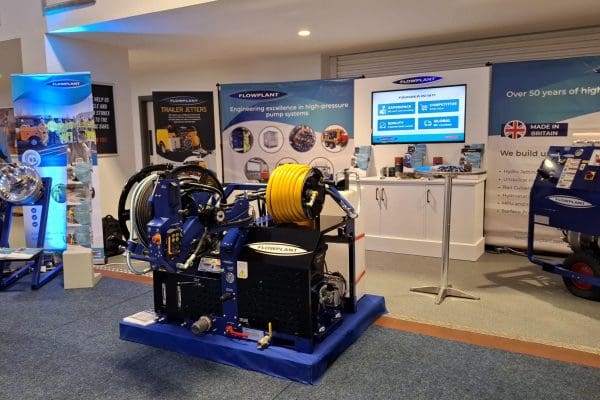News
Hose Re-ending Law Explained
We are always being asked if it is ‘legal’ to cut the fitting off the end of a worn high pressure drain cleaning hose and have a new end swagged back on. The simple answer is that there is no written law banning re-ending, but that must not be taken as a green light to go ahead.
Health and safety law and product manufacturing regulations are general in nature because they have to cover so many different situations. However, their overriding principle is to ensure that workers are kept safe and machines are manufactured to meet the essential health and safety requirements laid down by Government.
As far as work equipment is concerned, these principles are explained in the PUWER regulations (Provision and Use of Work Equipment Regulations) and the Health & Safety Executive has produced an Approved Code of Practice (ACOP) that contains practical advice on how to comply with the law. If you are prosecuted for a breach of health and safety law, and it is proved that you didn’t follow the relevant parts of the ACOP, you will need to show that you have complied with the law in some other way or a Court will find you at fault. Furthermore, health and safety inspectors look for proof of compliance with the law and may refer to the ACOP as illustrating good practice. Inspectors will also search out relevant British Standards that might cover specific situations in more detail; but more of that later.
So what does the ACOP say about hose re-ending? Well, it says that every employer shall ensure that work equipment is maintained in good repair so that its performance does not deteriorate to the extent that it puts people at risk. Jetting hoses are a part of the work equipment and a jetting hose that has been damaged, for example where the wire braid is showing through, is dangerous.
Who says so? Well, this is where the British Standards come into play. So that all manufacturers’ products are safe, the government publishes a raft of guidance documents that lay down the minimum acceptable safety standards. These British Standards carry a title; for example, BS EN 8331 covers storage and use of rubber hoses and it says that, if the hose has a puncture, split, tear or exposure of reinforcement, then it should not be used. In the past, this has not been a problem because many hose assembly companies would happily re-end an old jetting hose with a new end fitting, although many would ask you to sign a disclaimer to the effect that they bore no responsibility for a hose failure taking place after the repair had been carried out!
Over the last year, it has become increasingly more difficult to get sewer jetting hoses re-ended and most, if not all, reputable hose assembly suppliers have stopped the practice all together. The reason for this is an increasing awareness of British Standard BS EN 4413 which covers, amongst other things, the safety of high pressure hoses. This standard absolutely prohibits the re-ending of used hoses under any circumstances, a stance that has the support of all high pressure hose manufacturers, by which I mean those companies that actually make the rubber hose, not those that add the ends and crimp them on.
What does all this mean? To put it simply, hose re-ending does not comply with the current British Standard on hose safety and is unlikely to fulfil the employer’s obligations under PUWER. As a practice, it was outlawed by the British Fluid Power Association some years ago and more recently after much research by the Water Jetting Association. There are currently no hose manufacturers that offer an accredited system for re-ending of their products and no authoritative systems exist for re-ending rubber hoses in general.
It is therefore true, that any company that uses re-ended hose or carries out re-ending for another, is not adhering to the best practice laid down in the British Standard and is very unlikely to be complying with the PUWER regulations. Should an incident occur in which an employee or member of the public is injured as a result of a re-ended hose failing, the machine operators risk prosecution under health and safety law that will be difficult to defend.
Is re-ending illegal? Ultimately a judge will decide and that could cost a whole load more than a new hose!


